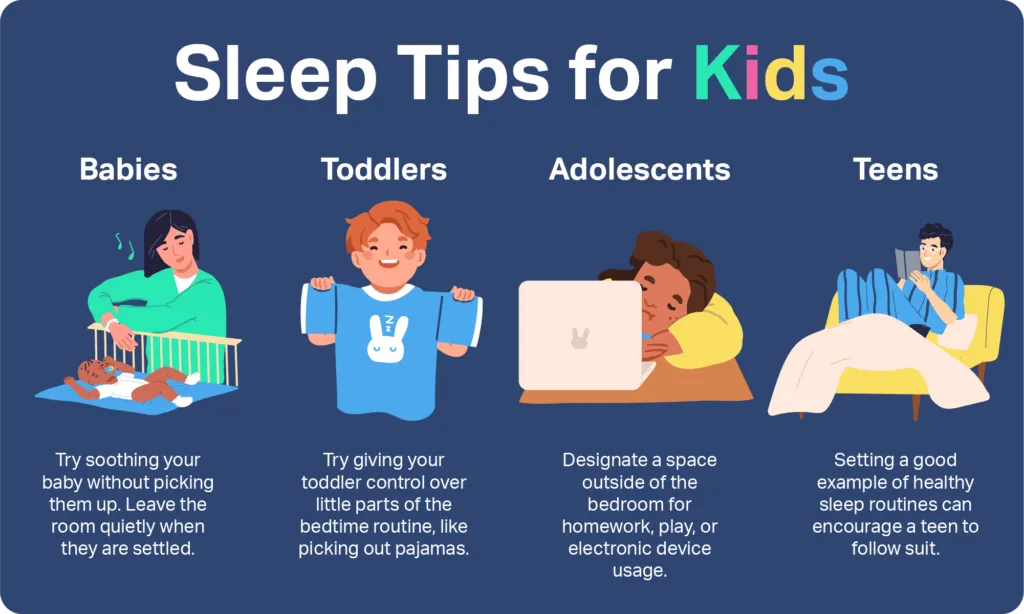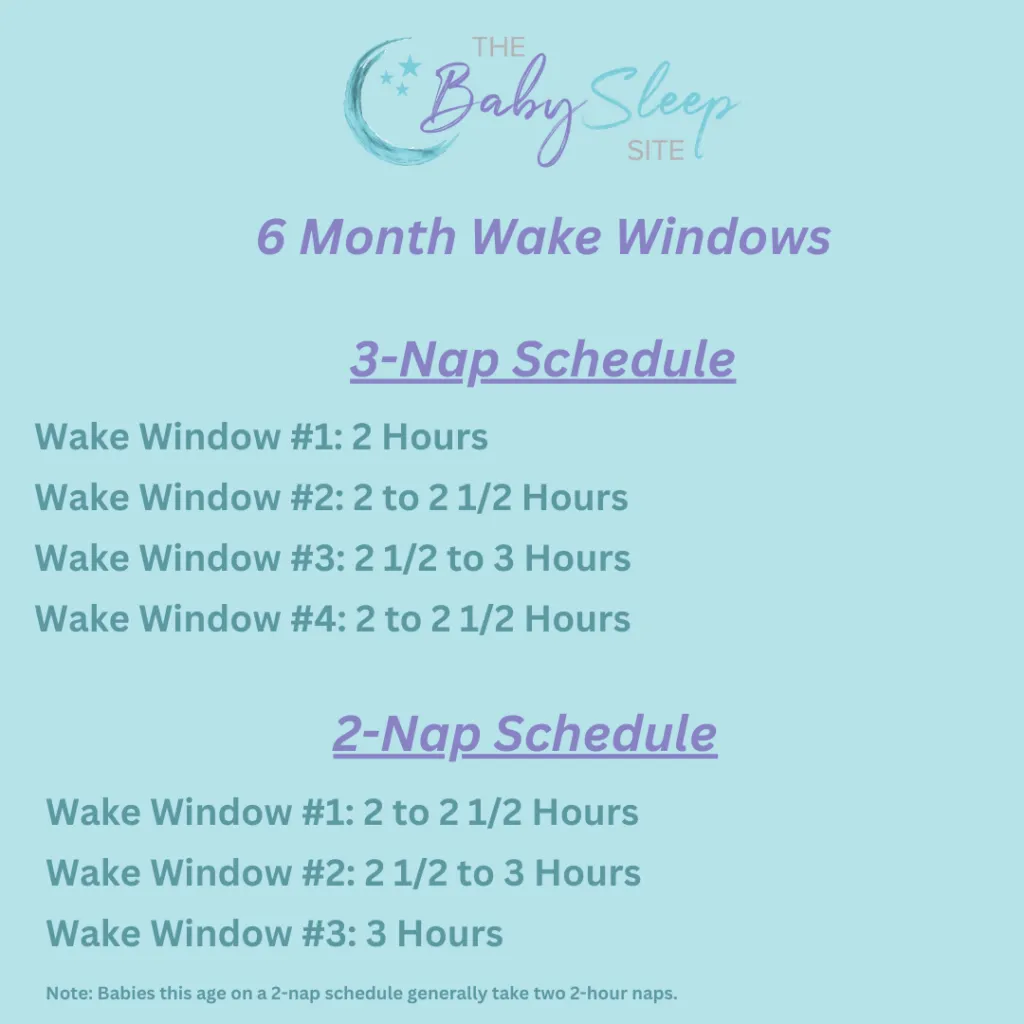Meta Title: Bedtime by Age: Effective Sleep Schedules & Real Stories
Meta Description: Wondering what time your child should go to bed? Discover age-based bedtimes, real-life bedtime routines, expert tips, and printable charts for peaceful evenings

1. Introduction — Why Bedtime Matters for Your Family
Every parent encounters the same perplexing question at some point: “Should my child go to bed earlier? Why are they tired all day?”
Take one mom’s story:
“My 4-year-old would wake up cranky and the day was chaos. I didn’t think bedtime mattered so much—until I tried shifting it by 30 minutes earlier. Suddenly, we had smoother mornings and happier playtime.”
Understanding bedtime by age isn’t just theory—it’s transformative when applied with real-life tweaks and consistency.
2. Why Sleep Is Crucial at Every Stage
Adequate sleep supports:
- Physical growth: Growth hormones release during deep sleep
- Emotional regulation: Reduced tantrums and mood swings
- Cognitive development: Better learning, memory, and attention
- Family harmony: Less stress, more patience
Studies show well-rested children achieve higher social and academic outcomes—and families feel more peaceful at home.
3.Bedtime by Age Sleep Chart
| Age Group | Recommended Sleep per Day | Ideal Bedtime Window |
|---|---|---|
| 0–3 months | 14–17 hours | Varies, with 3–4 naps |
| 4–11 months | 12–15 hours | 6:00–8:00 PM |
| 1–2 years | 11–14 hours | 6:30–8:00 PM |
| 3–5 years | 10–13 hours | 7:00–8:30 PM |
| 6–12 years | 9–11 hours | 8:00–9:00 PM |
| 13–17 years | 8–10 hours | 9:00–10:30 PM |
Visual Tip: Turn this into an infographic or printable guide for parents.
4. Real Families & Bedtime Routines by age
Infants & Babies (0–12 months)
Sample Routine:
- 6:15 PM: Bath time (warm water, soft lighting)
- 6:30 PM: Feed + cuddles
- 6:45 PM: Gentle music/white noise → drowsy but awake placement

Real Mom Quote:
“After switching from bright lights to dimmer lamps, my baby slept 1–2 hours longer each cluster—less fuss, less stress.”
Toddlers (1–3 years)
Example Routine:
- 6:30 PM: Quiet play or book reading
- 6:45 PM: Bathroom, brushing teeth
- 7:00 PM: Bedtime story + lullaby
- 7:15 PM: Lights off, comfort toy, water nearby
Story:
Mila (2 years old) used to scream at bedtime until her parents added a “two-book routine”. Now she picks two books, chooses who reads them, and stays content because she has some control.
Preschoolers (3–5 years)
Good Routine Practice:
- 7:00 PM: Wind-down activity (puzzles, coloring)
- 7:15 PM: Hygiene + brushing
- 7:30 PM: Story + cuddle
- 7:45 PM: Lights out, soft music if needed
Parent Insight:
One preschooler’s late bedtime turned doctor visits into information overload until a schedule shift aligned with his kindergarten wake time—improved appetite, mood, and engagement followed.

School-Age Kids (6–12 years)
Example Routine:
- 7:15 PM: Schedule review + school prep
- 7:30 PM: Shower or bath
- 7:45 PM: Reading or quiet family talk
- 8:00 PM: Bedtime
Real-Life Lesson:
A 7-year-old girl dreaded waking up until the family enforced a consistent bedtime—even weekends. Mornings became smoother, remote learning fatigue vanished, and her attitude improved.

Teens (13–17 years)
Helpful Routine Tips:
- 9:00 PM: Begin decompressing tech—phone away, dim lights
- 9:15 PM: Read or journal
- 9:30 PM: Shower and bedtime prep
- 9:45 PM: Bed, optional spouse/parent check-in
Teen Voice:
“I resisted bedtimes—but once I saw how much more focused I felt in gym and school—I was sold. Now I set my alarm and nap consciously if needed.”
5. Common Pitfalls Parents Face (And How to Fix Them)
Screens 30+ min before bed → cause delays. Try a tech curfew 60 min prior.
- Erratic bedtimes on weekends → disrupt sleep patterns. Keep within 30 minutes.
- Overtired child meltdown → stick to nap limits and bedtime windows.
- Perfectionism in routine → skip it sometimes. Good enough is still progress.

6. Expert Tips for Better Sleep Hygiene
- Consistent wake-up time (even weekends) helps internal clocks
- Blackout curtains reduce light disruption
- White noise machines can improve sleep-trigger association
- Avoid sugar/caffeine after 6 PM
- Incorporate nightlights or soft music when separation anxiety kicks in
7. Bonus Sleep Tools for Parents
- Printable Routine Chart: checkboxes for each step
- Sleep Tracker Log: note bedtime, wake-up, nighttime wake-ups
- FAQs Section:
- What if bedtime routines aren’t working at all?
- How to adjust when children resist?
- Can naps be phased out and when?
8. Real-Life Results: Families That Succeeded
- From Resistance to Routine: One family battled bedtime tantrums by preloading bathroom/prep tasks early. The child now asks for bedtime stories—before resistance.
- Weekend Wake-Up Fix: A family that maintained a 30-minute bedtime difference on weekends reported calm Sundays and on-time Mondays.
9. FAQs (Intent-Aligned)
- What time should my 4-year-old go to bed?
Around 7:00–7:30 PM, with 10–13 hours sleep. - Why does my teenager stay up late but still feel tired?
Teen biological clocks shift later; limit screen time and enable earlier sleep through structured wind-down. - Is it okay to adjust bedtime by 30 minutes weekly?
Yes—gradual shifts are better than abrupt changes. Monitor sleep behavior for signs.
10. Final Toughts
Creating a bedtime strategy by age isn’t just a recommendation—it’s a powerful tool for better parenting, happier kids, and smoother household flow. Small shifts often bring big changes in mood, behavior, and life quality.

Russell F. Jones, holding a Master in psychology from the University of Florida. He writes for Smart Parent Solutions, offering practical advice on parenting and child development. His engaging content helps parents navigate family life with confidence and ease. Russell enjoys sharing his knowledge and spending quality time with his family.
